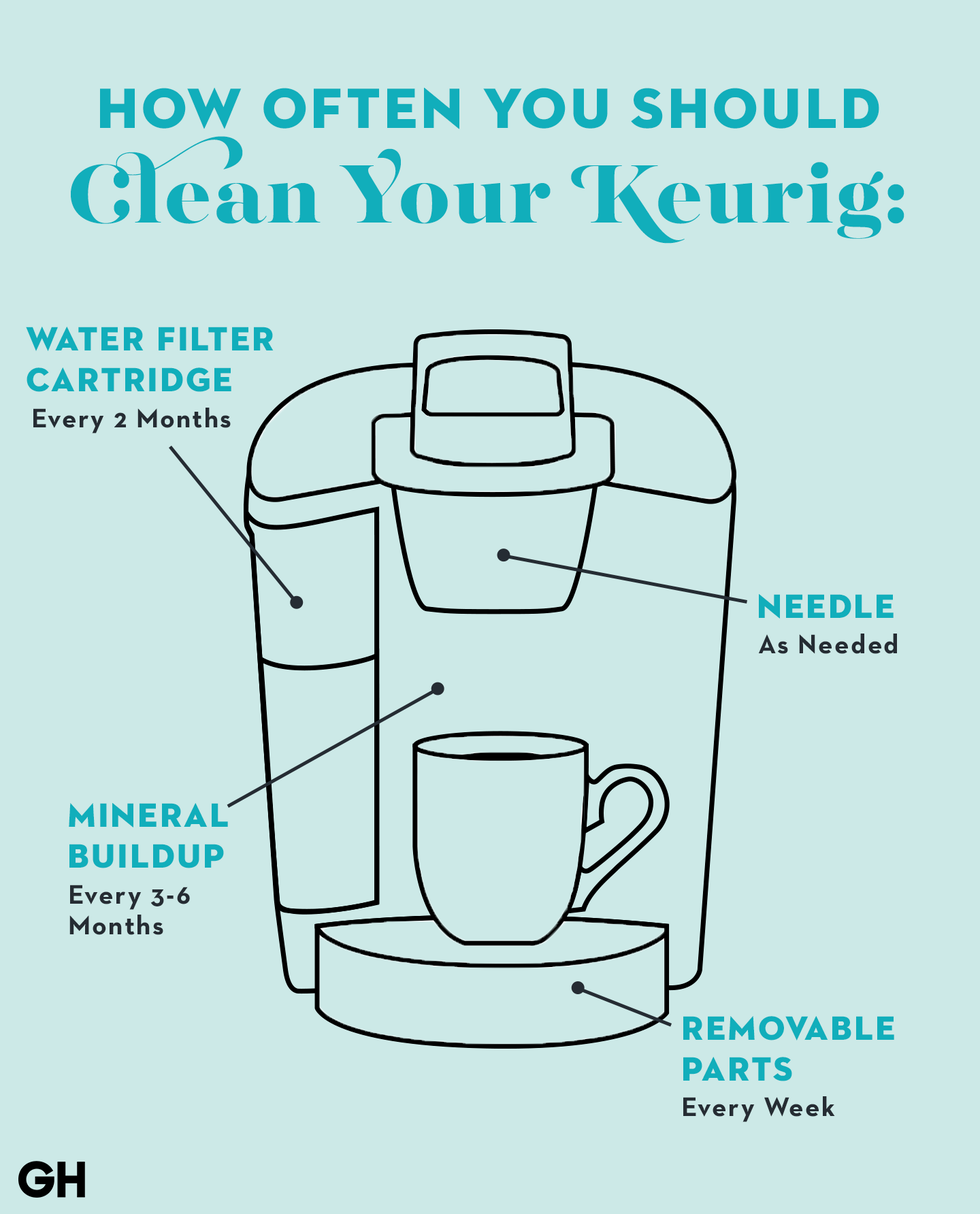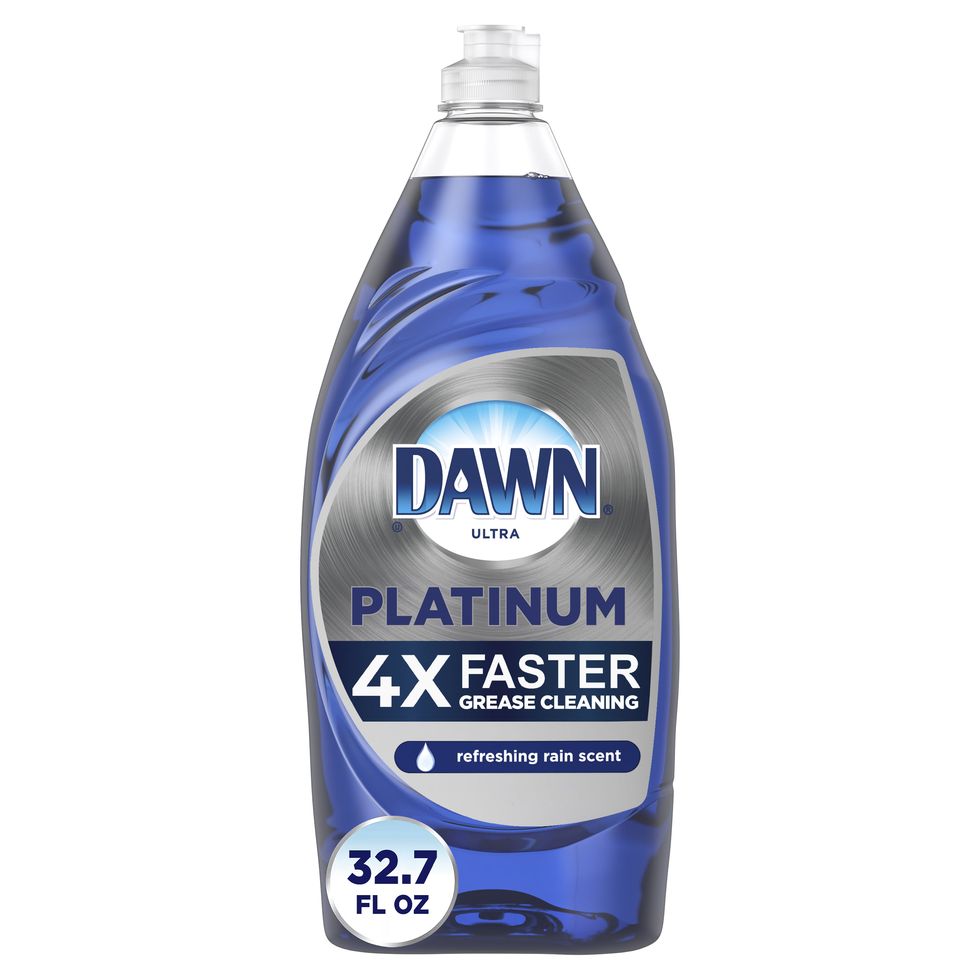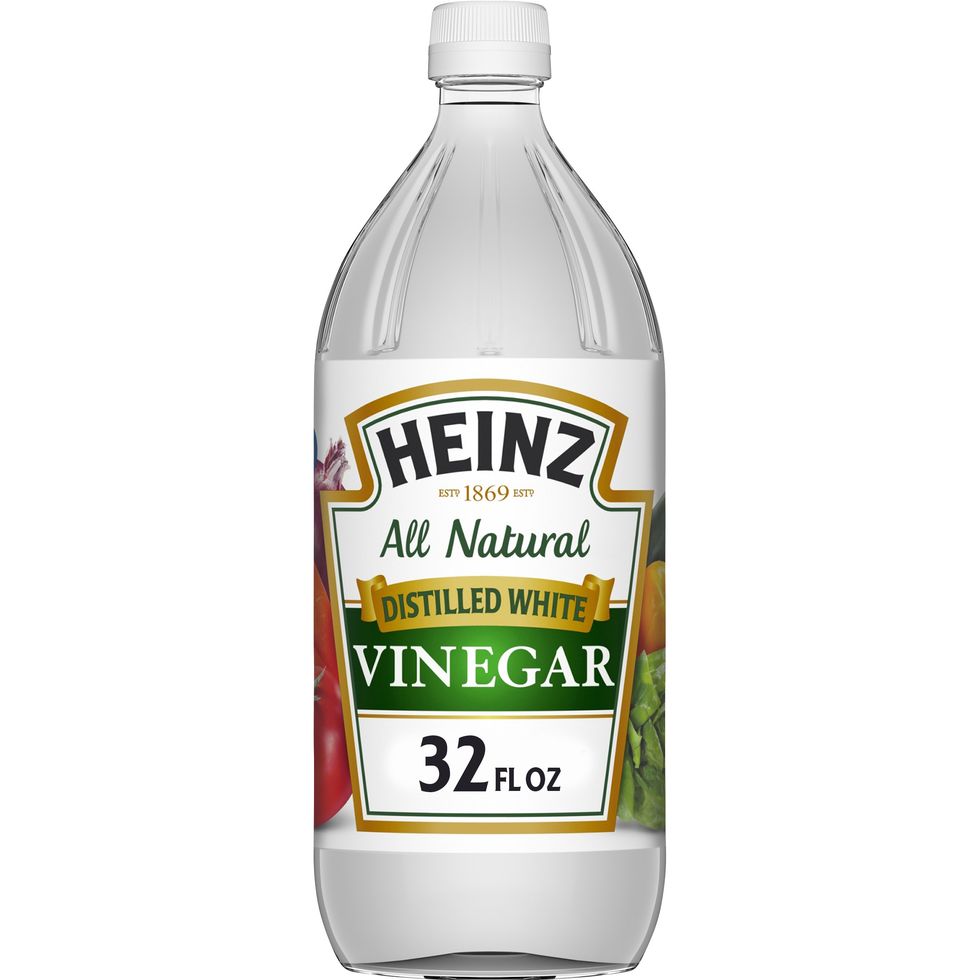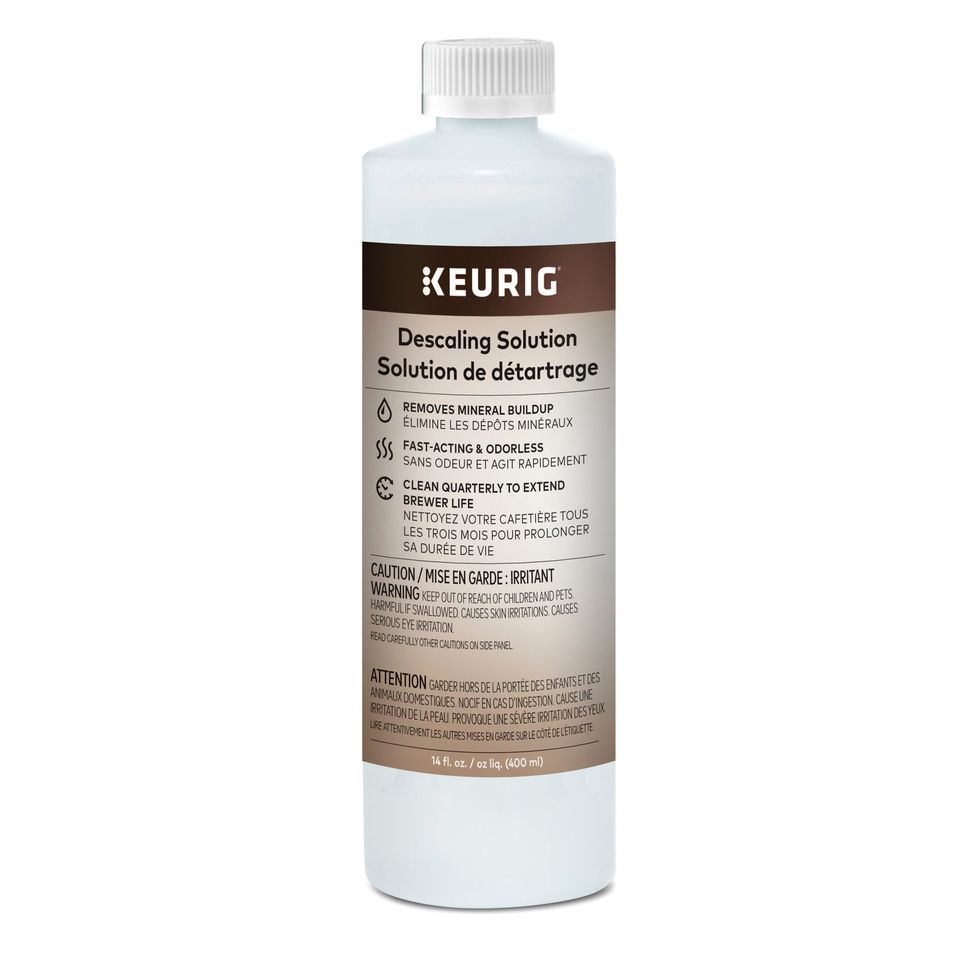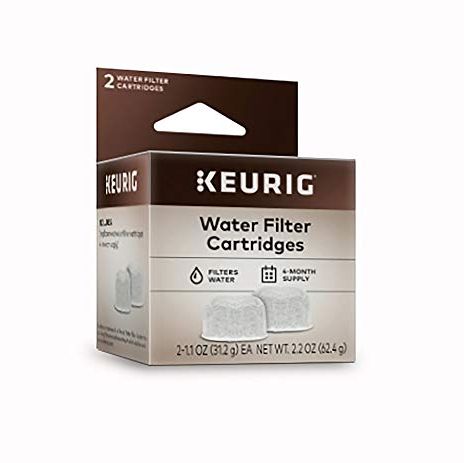[ad_1]
Single-serve coffee makers, like Keurig, have made it super easy and convenient to brew a perfect cup of joe. But it’s just as easy for many folks to overlook that these machines need regular cleaning and descaling to work their best. It takes more than refilling the water reservoir and popping in a new K-cup to keep a Keurig brewing — and to keep it free of the mold and bacteria that can grow when you neglect it. When it comes to routine maintenance and cleaning, think of your Keurig as you do other home appliances like dishwashers, washing machines and traditional coffee makers. Not only will regular cleanings extend the life of your appliance and protect your health, they’ll also keep your coffee tasting great every day.
We asked Carolyn Forté, Executive Director of the Good Housekeeping Institute Home Care & Cleaning Lab, for advice on how to maintain your go-to morning machine. Start by stocking up on the cleaning essentials recommended below, then follow the timeline for how often you should clean every part of your coffee maker.
How to clean a Keurig weekly
Ideally, it’s best to wash the removable parts of your machine on a weekly basis, especially if you use it daily.
What you’ll need:
- Dish soap
- Sponge or cloth
- Dish towel for drying
Instructions:
- Unplug the machine.
- Remove the water reservoir, lid, drip tray and K-cup holder.
- Pop out the filter, if any, from inside the reservoir and set it aside.
- Wash all parts in warm, soapy water.
- Rinse the parts thoroughly and towel dry everything except the interior of the water reservoir. Let the interior air dry to keep from depositing any lint from your towel inside.
- Wipe down the machine’s exterior surface with a damp sponge or cloth. Dry with a clean dish towel.
- Replace all the removable parts, re-insert the water filter and plug the machine back in.
Flavor tip: Use a Keurig rinse pod once a week or after brewing a flavored drink to keep your morning coffee from tasting like last night’s hot chocolate!
How to replace your water filter every two months
Every other month, replace the water filter cartridge to keep your coffee tasting fresh.
What you’ll need:
Instructions:
- Soak a new water filter cartridge in fresh water for five minutes, then rinse it under running water for 60 seconds.
- Wash the filter holder in warm sudsy water and rinse well.
- Insert the cartridge into the filter holder and snap the holder back together.
- Lock the filter holder back into the reservoir.
How to descale your Keurig every three to six months
Hard water minerals can build up in your machine over time, which could affect how well it works — and, if left unaddressed, could cause it to stop working altogether. So it’s important to descale your Keurig at least twice a year.
Expert tip: Set a calendar reminder to descale your coffeemaker at the start of each new season and you’ll always know how long it’s been since you did it last.
What you’ll need:
- Distilled white vinegar or Keurig Descaling Solution
Instructions:
- Begin the descaling process by filling the reservoir with either 16 ounces of white vinegar or Keurig Descaling Solution followed by 16 ounces of water.
- Place a mug on the drip tray and lift the brewer handle as if inserting a K-cup, but don’t put one in.
- Select the largest cup size and brew a cup as usual into the mug.
- Empty the mug and repeat this process until the ADD WATER indicator is illuminated.
- Let the coffee maker rest for 30 to 45 minutes.
- Empty the reservoir and rinse it thoroughly. Fill it to the MAX line with fresh water and perform 12 rinsing brews using the largest cup size to remove any traces of vinegar or descaling solution.
- Brew coffee as usual.
Expert tip: Simplify your Keurig coffee maker cleaning process further by scheduling your water filter cartridge replacement and descaling for the same day. Replacing the water filter cartridge immediately after de-scaling with vinegar will ensure that no vinegar taste remains for your next brew.
How to clean Keurig needles when needed
When you see grounds in your K-cup holder, remove them with a sponge or cloth to prevent them from ending up in your beverage the next morning. If you’re still having trouble brewing, there may also be coffee grounds clogging the exit tube or stuck to the needles, which punch the entrance and exit holes for the water to flow through the K-cups. Here’s how to clean the needles:
What you’ll need:
Instructions:
- Unplug the machine.
- Separate the pod holder from the funnel. Carefully unfold a section of the paper clip and use it clear away any debris lodged in the pod holder’s exit tube. Wash the pod holder, including the exit needle (be careful; it’s sharp) and the funnel, and rinse well.
- The entrance needle under the brewer head can also be cleaned with the paper clip. Insert the paper clip section into the two holes in the needle to clean them.
- Reassemble the pod holder and funnel and reinsert in the machine.
- Brew two cups of clear water to thoroughly rinse the needles.
If you own a Keurig 2.0 model, you can use the brewer maintenance accessory to clean the needles.
The takeaway
If you schedule regular maintenance of your Keurig, you’ll likely get better-tasting coffee and a longer life for your machine.

Senior Editor
Lauren is a senior editor at Hearst. She was previously the senior editor at WomansDay.com and the home editor at GoodHousekeeping.com and HouseBeautiful.com. Her book club, ramen, and jean jackets are a few of her favorite things.
[ad_2]
Source link

